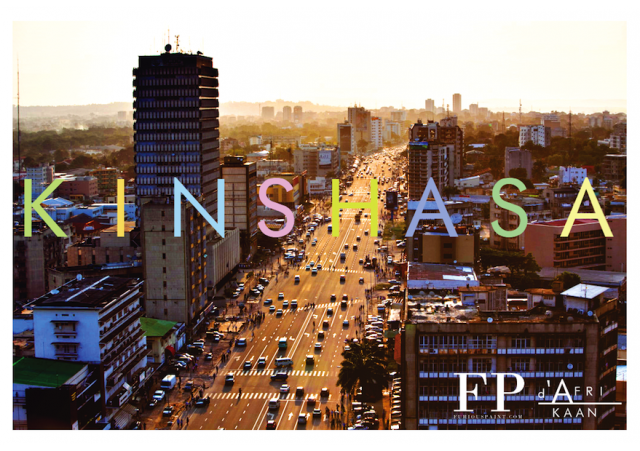Kinshasa
Located on the CONGO RIVER, Kinshasa is the capital and largest city of the Democratic Republic of CONGO. Stone tools found in the area indicate that the site has been inhabited since the 7000s B.C. When the explorer Henry Morton STANLEY arrived in the region in the 1880s, Kinshasa was a small fishing village. Stanley signed a treaty with the most powerful local chief and claimed the area for Belgium. The colonial city that grew up on the site was originally named Leopoldville after Belgium's King Leopold II.
Modern Kinshasa is the political and economic center of the country. It has the national university and other educational institutions, the main army headquarters, and one-third of the nation's industry. The city is also the center of Congo's transportation network. Minerals and other raw materials from the interior are shipped to Kinshasa by road, rail, and river.
As Kinshasa's population has grown to more than 5 million, urban problems such as unemployment have worsened. Many areas have no proper sewer system, creating major public health concerns. Nevertheless, Kinshasa's music and vibrant culture have led some to refer to it as an African New Orleans. (See also Cities and Urbanization.)
